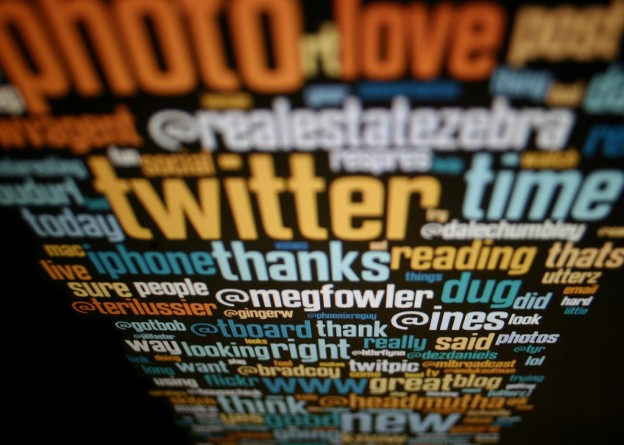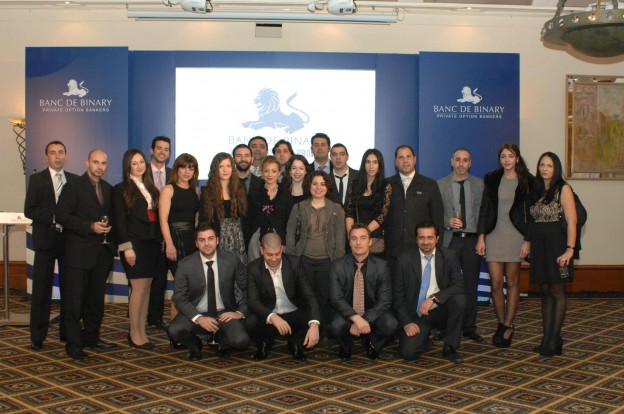Direct marketing or junk mail as it more properly known is a notoriously hit and miss affair. Whether in hard copy or electronic format most people just tend to ignore it. In fact only 3% of physical and 0.1% of electronic unsolicited mail ever leads to a purchase. For online advertising the figures are even worse. But now a group of IBM researchers are pioneering a method of identifying consumers’ personality types through their Twitter posts so that advertising can be tailored specifically to them.
The new approach eschews the conventional marketing wisdom of demographics in favour of “deep psychological profiles” which can provide companies with precious insights into individuals rather than the broad groups traditionally defined by income bracket, age, marital status and so on. Research has shown that the five basic personality traits accepted by modern psychology (openness, conscientiousness, extraversion, agreeableness and neuroticism) can be used quite reliably to predict the products that people purchase.
But rather than having potential customers fill out lengthy personality questionnaires, Dr Eben Haber and his team at the Almaden Research Centre in San Jose, California are pioneering a method of text mining that uses people’s Tweets to build profiles on them which can be employed to discern the types of brands they are most receptive to being approached by.
The data collection involves isolating words that relate to two facets not directly connected to personality. These are what individuals value and what they need. In a recently completed test-run the software was able to get a reasonably good grasp of individuals’ personalities by access to just 50 of their tweets, and extremely well from 200. The software is due to be launched commercially at the end of the year, Dr. Haber regards it as a way to “serve” individuals rather than treat them as “vague demographic blurs”. With Facebook’s “custom-audience” feature in effect since 2012 and separate rumours that Twitter is to be releasing a similar tool of its own, Dr. Haber’s new software seems like the prime candidate to take Twitter (now worth $10 Billion) to the next level.
But just how “served” do you feel knowing that your posts could soon be used in this way?




































